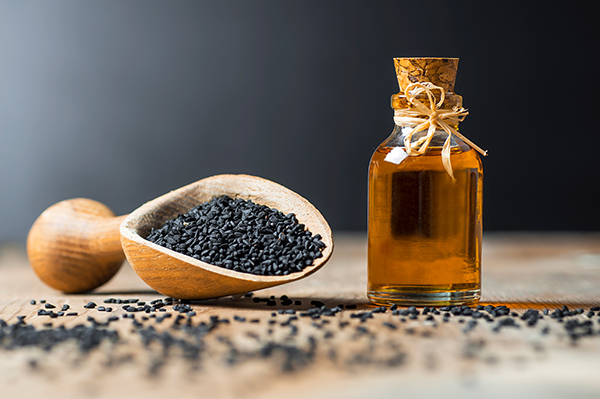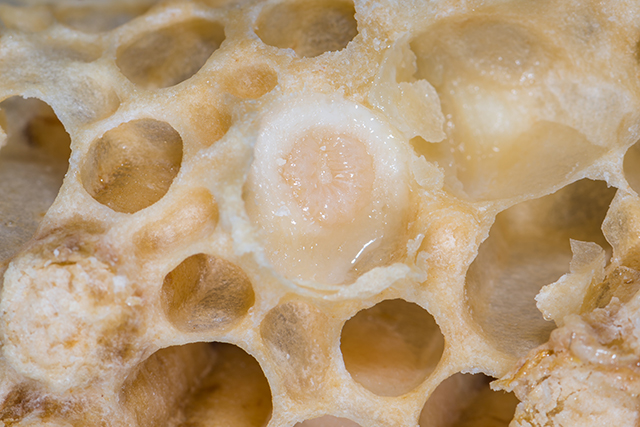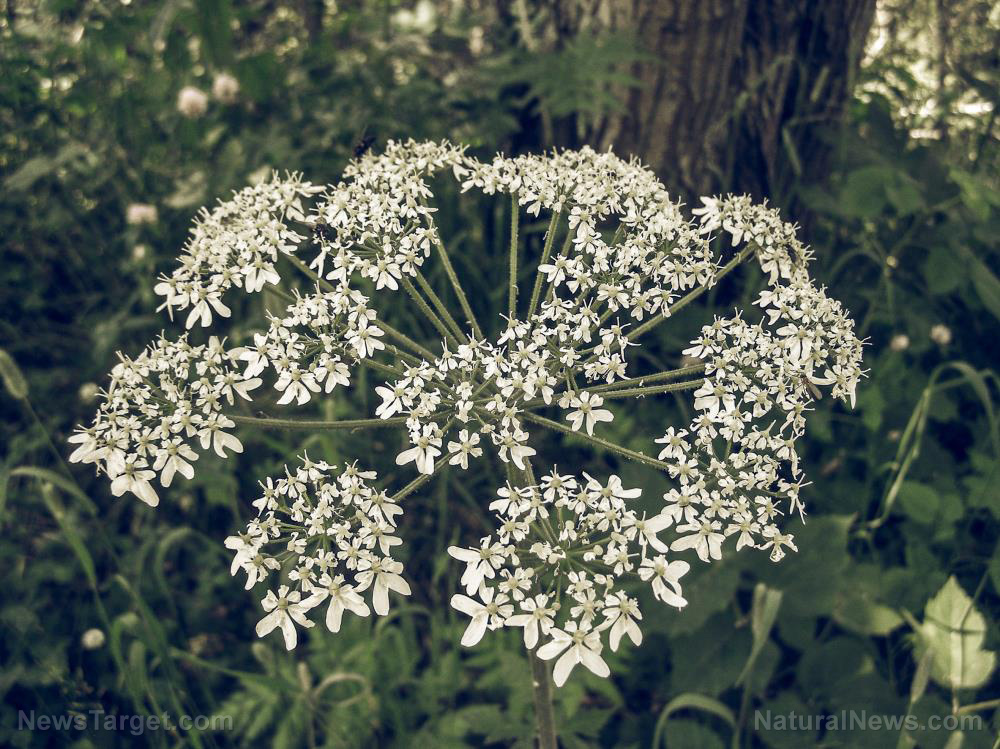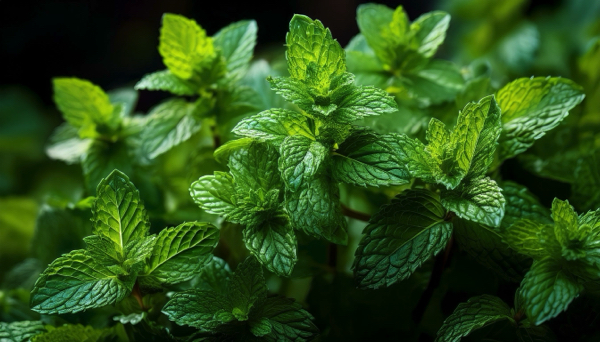The skin healing properties of black seed oil
10/11/2023 / By News Editors

Black Seed Oil Benefits
(Article by Dr. Ali Hassan, MD republished from GreenMedInfo.com)
The healing properties of black seed (Nigella sativa) oil have been known for thousands of years. It has been used both orally and topically to fight disease in many different practices of medicine through-out the ages. In our modern times its actions and efficacy is increasingly backed by solid scientific understanding and an evidence base.
The use of black seed oil to beautify and improve the skin condition is well established; in fact, the famed beauty of Cleopatra is believed to be in part due to her use of black seeds. The oil of the Nigella sativa is packed with valuable components like vitamins A, B, and C, calcium, potassium, magnesium, zinc and trace elements providing the necessary nutritive factors for skin recovery and repair. Black seed oil also has a number of useful pharmacological actions which make it a fantastic natural option for treating diseases of the skin.
Black Seed and Psoriasis
Psoriasis is skin condition in which scaly pink plaques appear over the body, these can be sore and itchy and can be a source of embarrassment. The condition is caused by an abnormal immune reaction in the body causing abnormal proliferation of the epidermal layer of skin.
Black seed oil is well recognized to regulate the body’s immune cells (up regulating some and down regulating others), [i] it also enhances the body’s ability to deal with abnormal cell proliferation. [ii]
Traditionally, black seeds have been applied externally for psoriatic skin to manage the general pain and patches of eruption. A recent lab-based study examined the effect of nigella sativa seed extract on an animal model of psoriasis. They examined the histological (cellular level) effects and found that Nigella sativa has anti-psoriatic activity and concluded that the external application is beneficial in the management of psoriasis.[iii]
Black Seed and Eczema
Eczema is a condition characterized by skin inflammation. Itchy, red, patches appear, which can weep and crust. It commonly affects around joints and the mainstay of treatment is with moisturizers and steroid creams. In severe cases systemic immunosuppression is needed.
Black seed oil has fantastic emollient properties, forming a non-greasy film and providing nutritive factors the skin needs. A clinical trial which compared the effects of Nigella sativa oil applied twice daily compared to a conventional steroid cream (Betamethasone) for hand eczema found both to be equally effective in reducing symptoms.[iv] The clear benefit of black seed oil over steroid use is its lack of side effects.
Fungal infections
In addition to fighting bacteria that causes acne, black seed oil also fights fungus. Black seed oil has proven anti-fungal effects against the common skin fungal infectious organisms (dermatophytes) which cause conditions like fungal nail infections, athlete’s foot, jock itch, and ringworm. [v]
Acne
Acne is a multifactorial condition which commonly affects teenagers however can persist into adulthood. It can result in disfiguring scarring. A number of factors are thought to contribute to the disease including hormonal, dietary, localized skin inflammatory response and infections.
Black seed oil has several properties which can reduce the symptoms of acne including anti-inflammatory and anti-oxidative effects. The nutritive factors in the oil can also help in repair and regeneration of damaged skin. Black seed oil is also a natural anti-histamine ideal for treating for skin conditions related to allergy.
Black Seed and Skin Cancers
Cancer occurs when cells become abnormal and replicate in an uncontrolled way. The cells which make up the layers of skin are the most highly exposed in the body and hence skin cancer is one of the most common forms of human cancer. Globally, approximately one million new cases occur annually and this is increasing year on year. The two most common forms of skin cancer are basal cell carcinoma and squamous cell carcinoma, in both of these prolonged ultraviolet light exposure is a risk major factor.
Nigella sativa has been proven to have a range of anti-cancer effects against many different abnormal cell types. [vi] Specific effects against skin cancer cells have been demonstrated.
Squamous cell carcinomas affect the epidermal layer of the skin; they can spread and invade surrounding tissues. Nigella sativa extract has been found to be effective against squamous cell carcinoma cells in vitro (using human skin cancer cells cultured cells in a lab), the study found that the active anti-cancer extract from black seeds (Thymoquinone) inhibits cell proliferation and induces apoptosis in squamous cell carcinoma. The authors conclude that Thymoquinone is a potential antineoplastic therapy in this common skin cancer.
Benefits of Black Seed Oil for Skin Complexion
The powerful anti-oxidant, anti-inflammatory and nutritive properties of black seed oil can help to restore the natural health and vitality of skin. The oil can be taken orally or applied and massaged directly into the skin. The rich array of oils provides deep skin moisturization. Additionally vitamin A, amino acids and fatty acids work together to help skin regeneration.
It is difficult to fully describe the way black seed oil works in a single article; Nigella sativa is a truly magical plant with complex properties we are just beginning to understand.
Read more at: GreenMedInfo.com
Submit a correction >>
Tagged Under:
alternative medicine, anticancer, antifungal, Black Seed Oil, cosmetics, eczema, essential oil, healing, infections, natural antibiotics, natural cures, natural health, natural medicine, nutrients, phytonutrients, psoriasis, remedies, skin cancer, skin health
This article may contain statements that reflect the opinion of the author
RECENT NEWS & ARTICLES
consumerwellness.info is a fact-based public education website published by consumerwellness.info
All content copyright © 2023 by consumerwellness.info
Contact Us with Tips or Corrections
All trademarks, registered trademarks and servicemarks mentioned on this site are the property of their respective owners.




















